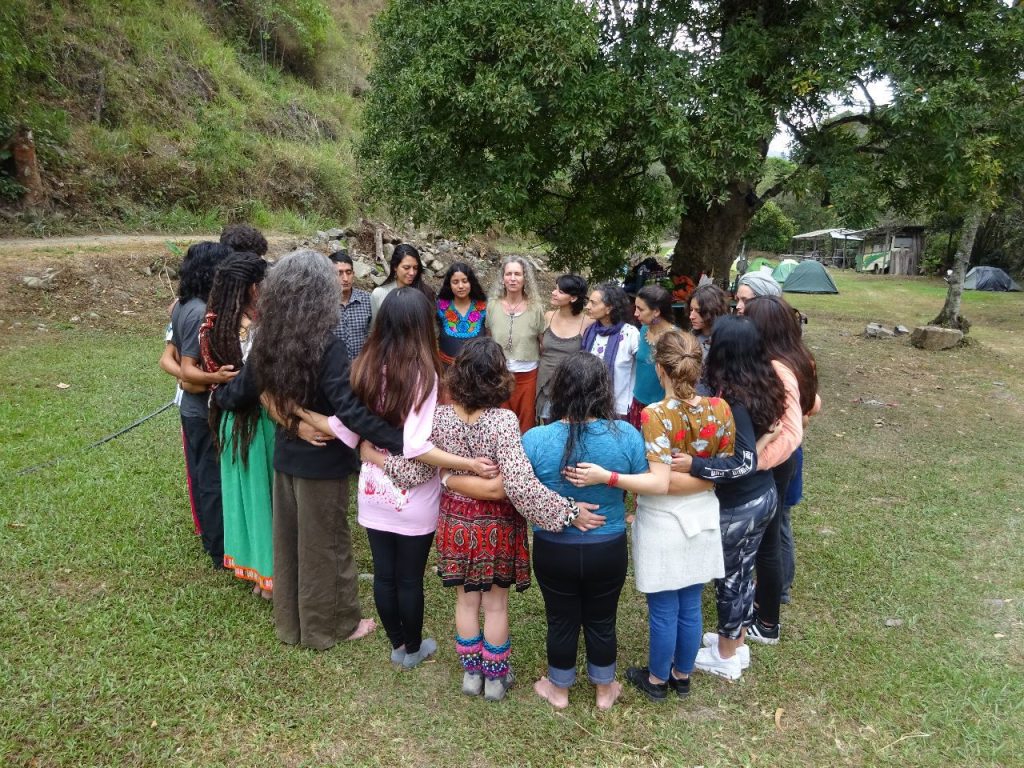By Sanjog
When I first started to write this blog post, the streets of many of the cities in my country, Ecuador, were almost empty. On January 9th, 2024, the president of our nation declared war on 22 criminal bands, which have permeated our judicial, security and political systems for the past six years. After the announcement, we were all cautioned to come back to our homes and to stay inside. Flooded with fear and confusion, children were picked up from schools, public institutions were closed, and businesses shut their doors. While the military and the police offered to bring us back to safety, I sat reflecting on the kind of “safety” I needed, wondering how we went from being the second safest country in Latin America in 2017, to being the fifth most dangerous country in the world today.
One of the most precious lessons I have learned in Compassionate Inquiry is that human beings access safety through connection.
My first reaction after the president’s announcement, was of course, to drive back home. My second immediate reaction was to send messages to all the people I care about to make sure they were also ok. Although “a war against terrorism”, as the president expressed, was supposed to give me some sense of relief, it didn’t. What did calm my nervous system was to know that my family and my friends were at home. As humans, we are wired for connection. We’re designed to take care of each other.
Knowing that the number of young people and children in my country who join drug cartels has increased rapidly saddens me, to say the least. This underlies the fact that we have failed to create safety for these children. It also highlights the racial and intergenerational trauma that we have left unattended. Mostly black and indigenous, the same children that colonial systems have oppressed for centuries, are now being accused of causing this crisis, and confronted with more violence and ostracism.
In Ecuador, as in many countries of North and South America, BIPOC communities are still facing the occupation of their lands, enforced displacement, poverty, lack of access to basic services, education and well-paid jobs. While it’s true that safety is the availability of connection, the premise for this must be the absence of threat and the guarantee of our basic rights.
As I reflect on the kind of safety I long to see in Ecuador and in the world, I think about the inevitable intersections between the realms of healing and social justice; our urgent need to reduce inequities between populations; and the possibility of building resilience in the strengthening of community, connection to land, and spirit.
I’m grateful to belong to the CI community, which continues to nurture my body, mind and heart. I’m also grateful for all the initiatives that this community has taken to improve its stance on diversity, equity and inclusion.

As Gabor brilliantly affirms, “we cannot take responsibility for the world that created our minds, but we can take responsibility for the minds with which we create our world.” May we all build the courage to question the beliefs that lead to the reproduction of a system that privileges the few over the many. May we remember that we depend on each other for survival and healing; and that this world won’t be safe for anyone until it’s safe for all.